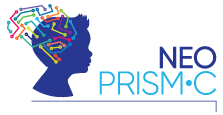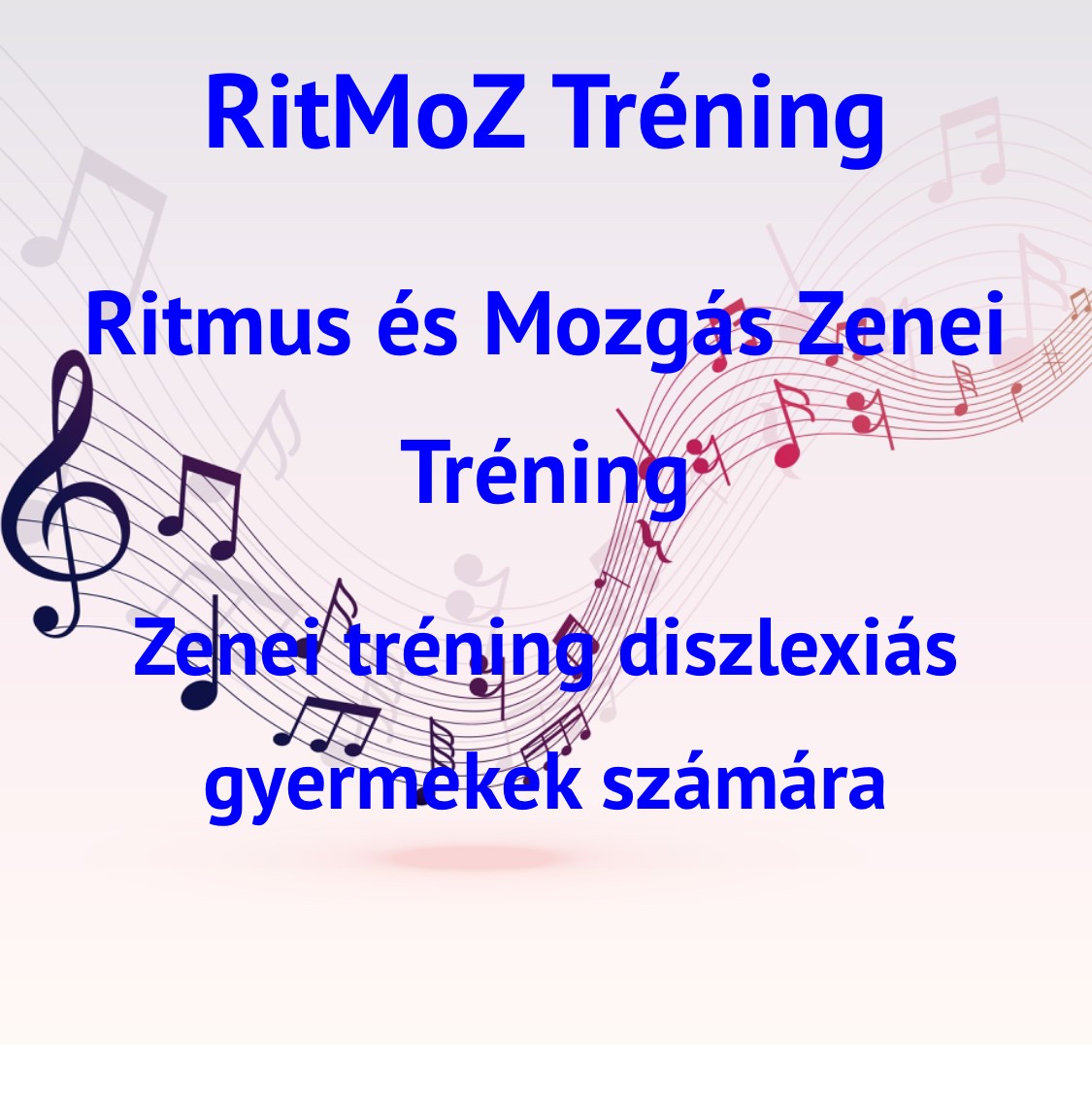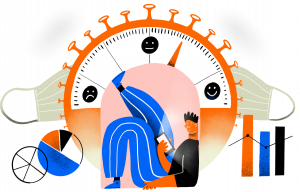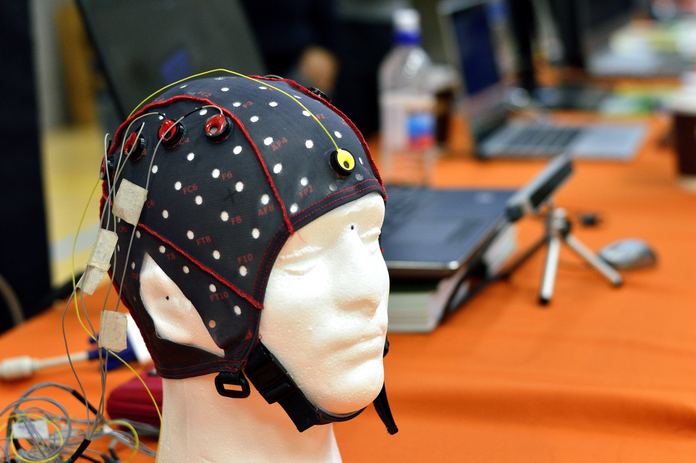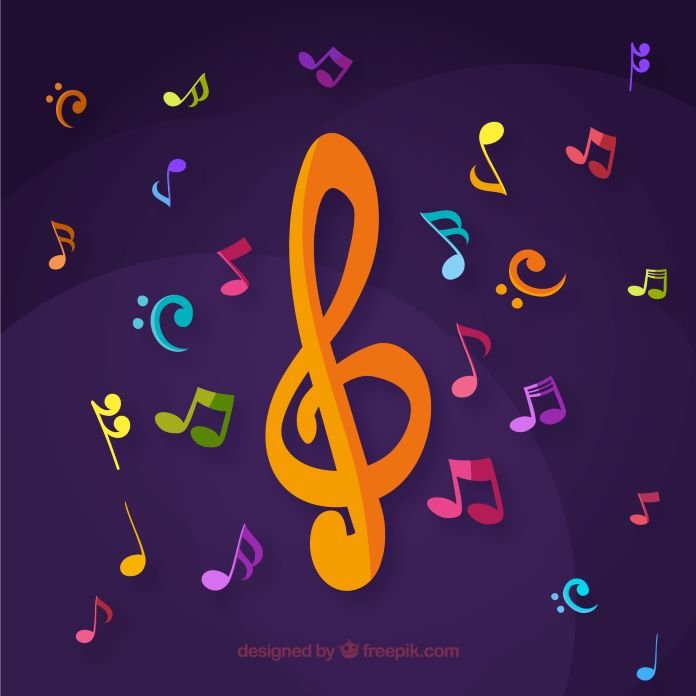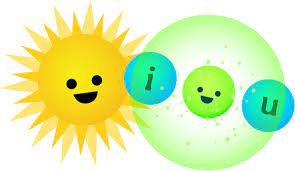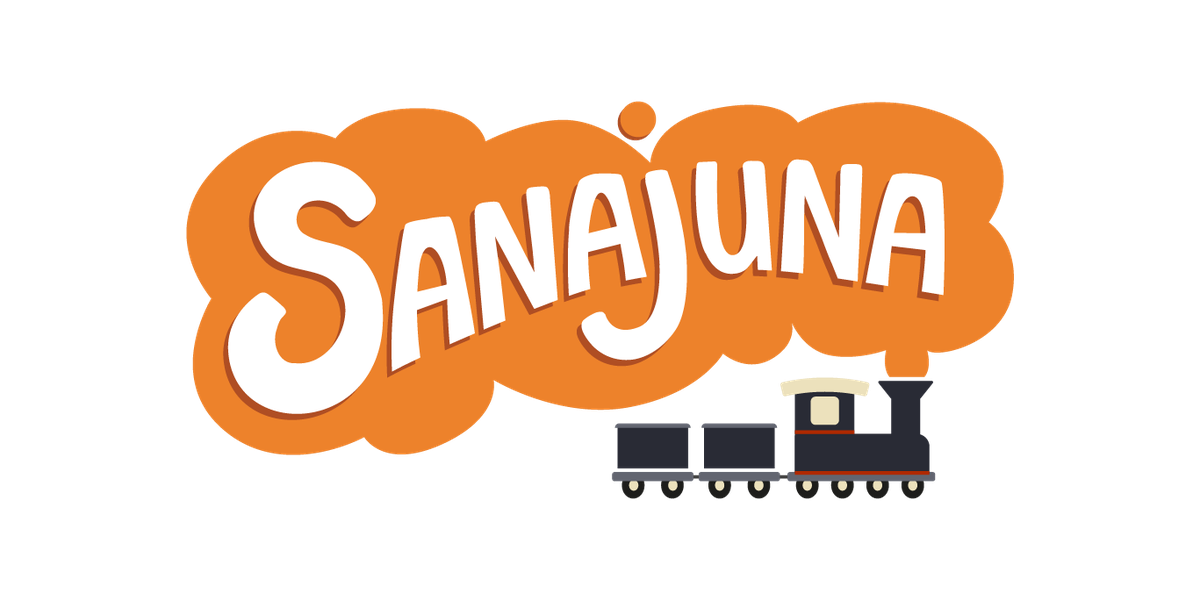Research Outcomes
Hungarian colleagues at RCNS-BIC have developed a music training program for children with dyslexia. Their work uses the characteristics of rhythm and melody, which are similar in speech and music, to enhance reading. Click on the image to visit the RCNS-BIC site.
In order to assess the efficacy of the music training, we are going to conduct a randomized controlled trial which consists of a pre-training phase, a training phase and a post-training phase. The clinical study is registered on ClinicalTrials.gov This is the link for the study: https://clinicaltrials.gov/ct2/show/study/NCT05137353
The Motivation Barometer is a toolkit designed to provide resources for parents and carers of children aged 5-11 years old who will receive the COVID-19 vaccine.
This website is addressed to parent/carers of children 9-12 years old who present attention deficits or have been diagnosed with Attention Deficit Hyperactivity Disorder (ADHD) and are interested in being informed and/or take part in a research program that concers the development and implementation of an intervention program for children with attention deficits utilizing the potentials of innovative virtual reality technology (Virtual Reality, VR).
ESR’s workshops on the events of RCNS at the Reserchers’ Night 2022.
In this lab demonstration, we’ll explore how to obtain electrical activity from the brain using an EEG device and explore the basic steps involved in extracting reading-related data from noisy brain activity. We conduct analyzes of how we interpret the results and how they relate to reading skills. We also present the entire process of the EEG experiments. (1.5 hours)
ESR’s workshops on the events of RCNS at the Reserchers’ Night 2022.
In this workshop, we will provide a demo of RitMoZ, our music intervention programme which is designed for children with reading difficulties. During the workshop, we will give you the opportunity to try out the programme and discuss the role of music in the improvement of reading aspects.
Based on different experimental studies (e.g., Aravena et al., 2013, 2018; Guerra, 2022, Verwimp et al., under review), our Dutch colleagues developed the serious game Kosmos Klikker as a collaboration between RID (a nationwide center for children with learning difficulties in the Netherlands), Game Tailors, and TU Delft. Kosmos Klikker systematically introduces Dutch letter-speech sound correspondences in a highly engaging game environment. Children first get familiarized with Dutch letters and speech sounds after which they are massively exposed to the correspondences, and learn how the letters have to be written. Kosmos Klikker is suitable for prereaders who want to familiarize with Dutch letters in a playful manner, school-age children who need additional support, and newcomers. For more information, see https://kosmosklikker.nl (in Dutch) or click on the image to get a first impression of the game.
In the framework of a doctoral research project at the Department of Education (University of Jyväskylä) and within the European Marie-Skłodowska-Curie ITN Neo-PRISM-C, we are conducting a game-based intervention study targeted at children who need extra support for their reading development.The centerpiece of the training is a serious (educational) game called Sanajuna. During the game, kids will be playing through different chapters, each one focusing on a certain training aspect. The overall aim of the game is to make children aware of the fact that words consist of multiple smaller units (syllables and morphemes) and we want to investigate whether training the recognition of these units can help children with reading problems to improve their reading skills.In addition to the computer-based exercises, we will provide more traditional “offline” training sessions to further boost the training effect and support students during the process of the research study. We will work closely together with the classroom and/or special education teachers to ensure the best possible support for your child.
